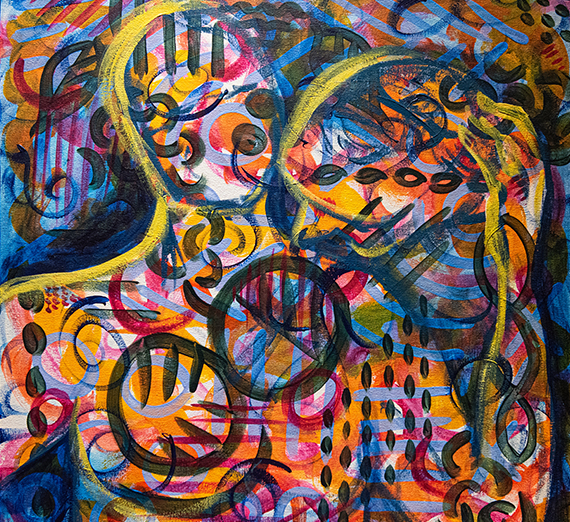Wrestling with Identity

(This letter from the editor appears in the Summer 2021 issue of Gonzaga Magazine.)
Across our land, institutions and congregations and individuals are grappling with issues of identity. Churches of many denominations are asking how they can remain relevant in times of social unrest. Many Catholic individuals and parishes struggle with challenging teachings of the Church. In an era rife with racial, class and gender wars, we face the news and ask ourselves: Who am I and what do I believe?
Embedded deep within the hundreds of comments on our recent magazine reader survey were similar sentiments. Some of Gonzaga’s friends believe the university has become “too leftist,” or “lost its Catholic roots,” while others encourage us to “be more progressive,” and address more of the topics that often align more with “liberal” perspectives. Can we just “stop all the social justice commentary”? Can we be “inclusive without being too inclusive”?
While I have been at Gonzaga for only six years, I have worked in Catholic organizations in the Inland Northwest for more than 20, and the challenge is the same: An institution can be “too Catholic” and “not Catholic enough” at the same time. Is this not a perfect representation of the literal meaning of the word “catholic” itself, “universal”?
As Gonzaga Magazine’s editor, it is my duty – and my great pleasure – to help produce a publication that reflects the university’s values and to do so with integrity. So …
- How will we include the challenges sometimes inherent in Catholic beliefs? We will continue to follow the guidance of Jesuits and staff deeply meshed in mission formation.
- Will we address political topics representing varying viewpoints? We’ll aim to present these in the form of academic inquiry and leave our readers to use their own critical thinking.
- Will we change our focus on issues related to diversity (race, gender and other)? Based on the commitment of President Thayne McCulloh to invest more in the university’s diversity, equity and inclusion (DEI) efforts, it’s reasonable to expect our related magazine content to go deeper.
We want this publication to continue to be a connection. A tight bond between people who were students together back in the day; a lifeline between parents and current students; a link between alumni and an institution that helped them form their own identities; a tie between constituents and a university they’ve decided deserves their support. For all the survey comments that challenged the magazine’s direction, multitudes more expressed the value of this connection. Some said the magazine “brings me home,” or “keeps me connected to a place I hold dear.” I couldn’t be more pleased to hear those words, and to keep dreaming up ways to strengthen the tie that binds.
Let’s continue our journey together – when we disagree, when we misunderstand, when we think things could be done differently, as well as during the moments of inspiration, joy and memory. Ultimately, after all, we are all connected to this university, and this shared element of our identities can be enough to bridge the divides, or at the very least, a reminder that we’re all in a continual process of formation.
Ad Majorem Dei Gloriam. For the greater glory of God.
Kate Vanskike, editor
